Biocontrol Potential of Yeast-Produced Volatile Organic Compounds Against Aspergillus carbonarius: Affecting Fungal Growth, Ochratoxin Production and Gene Expression

The contamination of agricultural products by Aspergillus carbonarius poses significant economic and health risks. Yeast antagonists are prevalent biocontrol agents against fungal infections in agricultural products, producing volatile organic compounds (VOCs), a key mechanism for inhibiting fungal growth. This study aimed to evaluate the efficacy of VOCs from antagonistic yeasts—Wickerhamomyces anomalus MSCU 0652, Saccharomyces cerevisiae MSCU 0654, and Kluyveromyces marxianus MSCU 0655—on the growth and ochratoxin (OTA) production of A. carbonarius in vitro and real food samples, to identify the primary VOCs produced by yeasts, and to evaluate the effects of VOCs on the expression level of key genes in the OTA biosynthesis. The results showed that all yeasts produced VOCs, effectively inhibiting the fungal growth and its ochratoxin production in vitro as well as in coffee beans and corn kernels with growth inhibition ranging from 60 to 100% and more than 99% of OTA reduction. The main VOCs produced by these yeasts included ethanol, ethyl acetate, and 3-methylbutan–1-ol. Moreover, VOCs generated by yeasts demonstrated the ability to downregulate the expression of genes associated with ochratoxin biosynthesis in A. carbonarius at the level of gene transcription, particularly the effect against the expression of AcOTAnrps and Acpks. This study revealed that the antagonistic yeasts have a high potential to be used as biocontrol agents to control A. carbonarius and ochratoxin production.
Read more: https://onlinelibrary.wiley.com/doi/10.1111/mmi.70025
First-author: Pitchapa Eamlaor

